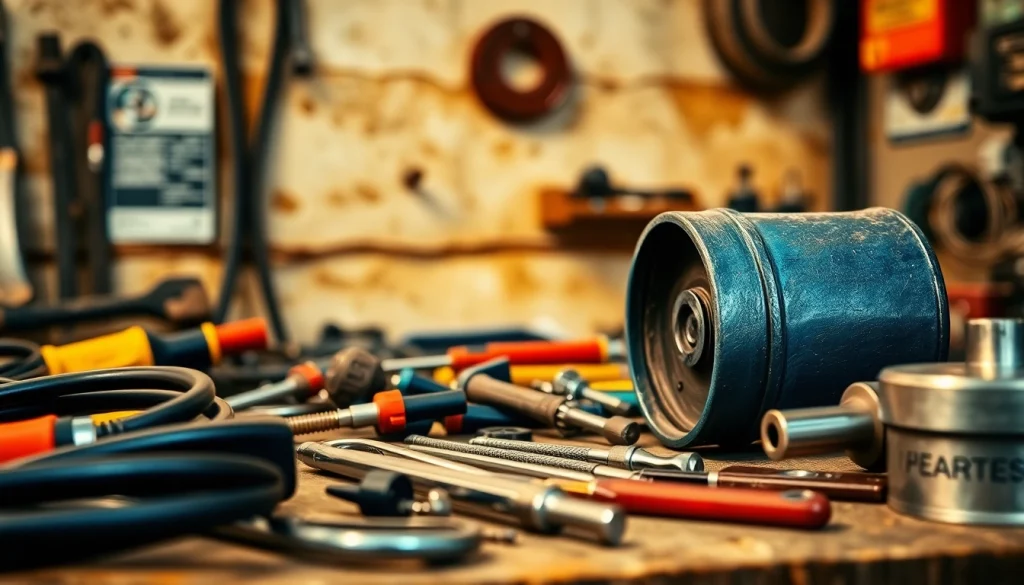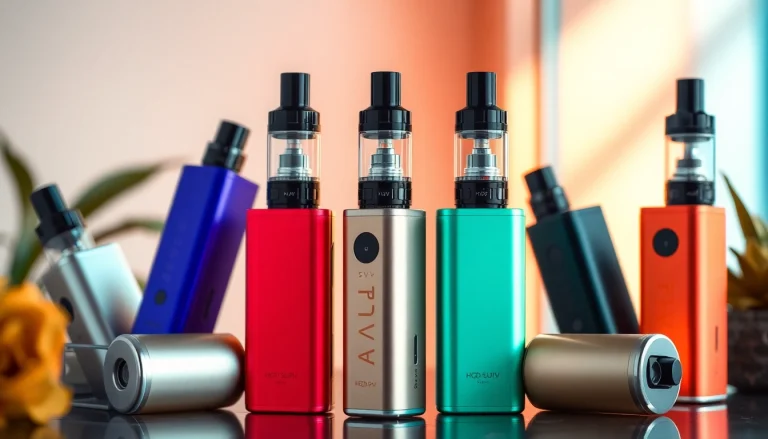
Understanding Welding Supplies
Welding is a critical process in a variety of industries, from automotive to construction. To perform welding safely and effectively, having the right welding supplies is essential. This article delves into the different types of welding supplies available, their importance, and how to choose the best equipment for your needs.
What are Welding Supplies?
Welding supplies encompass a range of materials and equipment used in the welding process. This includes tools, safety gear, consumables, and equipment necessary for executing various welding techniques like MIG (Metal Inert Gas), TIG (Tungsten Inert Gas), and Stick welding. Each category of supplies plays a vital role in ensuring efficient and safe welding operations.
Importance of Quality Supplies
The quality of welding supplies can heavily influence the outcome of a project. High-quality tools and materials ensure strong, durable welds that meet industry standards. Using substandard equipment can result in weak joints, increased downtime, safety hazards, and ultimately, higher costs due to rework. Therefore, investing in quality welding supplies is not just a preference—it’s a necessity.
Common Types of Welding Supplies
- Welding Machines: The heart of the welding process; variations include MIG, TIG, and Arc welders.
- Consumables: Items such as welding wire, electrodes, and shielding gas that are expended in the welding process.
- Protective Gear: Essential safety equipment like helmets, gloves, jackets, and respiratory protection to safeguard welders against hazards.
- Accessories: Tools like welding clamps, magnets, and cleaning equipment that assist in the welding process.
Essential Welding Supplies for Every Welder
Protective Gear: Safety First
Safety is paramount in welding operations. Protective gear is not just an accessory; it’s an obligation. Essential protective gear includes:
- Welding Helmets: Designed to protect the welder’s face and eyes from sparks, heat, and harmful UV rays. Helmets are available in fixed, auto-darkening, and passive styles.
- Welding Jackets: Made from flame-resistant materials, they safeguard the welder’s arms and body from sparks and heat.
- Welding Gloves: Heat-resistant gloves are critical for protecting hands from burns and cuts while allowing a good grip on welding tools.
- Respiratory Protection: Depending on the type of welding, respirators or masks may be required to filter harmful fumes and particulates.
Welding Machines: Types and Functions
Various welding machines serve different purposes, tailored for specific welding techniques:
- MIG Welders: These machines are user-friendly and suitable for beginners, using a continuous wire feed to weld two pieces of metal together.
- TIG Welders: Offering superior precision, they utilize a non-consumable tungsten electrode to produce high-quality welds on thin materials.
- Stick Welders: Ideal for outdoor work, these machines can handle dirty or rusty metals, making them versatile in various environments.
- Multi-Process Welders: Combining capabilities for MIG, TIG, and Stick welding, they offer flexibility for welders who handle multiple projects.
Consumables: What You Need to Know
Consumables are items that are used up during the welding process. Selecting the right consumables greatly impacts the quality of your weld. Key consumables include:
- Welding Wire: Comes in various types based on welding process, including solid wire for MIG and filler rods for TIG.
- Electrodes: Essential for Stick and TIG welding, electrodes come in different compositions to suit various metal types.
- Shielding Gas: Protects the weld pool from contamination. The choice between argon, carbon dioxide, and a mix significantly affects the welding outcome.
Choosing the Best Welding Supplies
Factors to Consider When Purchasing
Selecting the appropriate welding supplies can be daunting, given the plethora of choices. Here are crucial factors to consider:
- Type of Welding: Understand the specific application and processes you’ll be working with. This determines not only the type of machine but also the required consumables.
- Material Compatibility: Ensure the supplies are suitable for the materials you’ll be welding, including aluminum, steel, and stainless steel.
- Budget Constraints: Balancing quality and cost is essential. Sometimes spending a bit more can yield much better results than cheaper alternatives.
- Brand Reputations: Research reputable brands known for their quality and reliability, as they typically offer better warranties and customer support.
Top Brands in Welding Supplies
Some leading brands in the welding supplies industry include:
- Miller Electric: Renowned for their high-quality welding machines and accessories.
- Lincoln Electric: Offers a comprehensive range of welding equipment and consumables.
- ESAB: Known for innovative technology and robust performance in their products.
- Hobart: Provides reliable welding machines suitable for both industrial and home use.
Comparing Prices and Features
While price is an important consideration, focusing solely on initial costs may overlook the long-term value. Comparing the features of different welding supplies, including ease of use, durability, and warranty, can provide a clearer picture of what’s best for your needs. Additionally, take advantage of customer reviews and ratings to gauge satisfaction levels before purchasing.
Maintaining Your Welding Supplies
Care Tips for Welding Equipment
Proper maintenance of welding supplies enhances their lifespan and performance. Key tips include:
- Daily Checks: Conduct brief inspections of machines and tools before use to catch any issues early.
- Cleaning: Regularly clean machines and accessories to remove dust, spatter, and grime that can impede function.
- Lubrication: Ensure moving parts are adequately lubricated according to manufacturer guidelines.
Storing Welding Supplies Safely
Storing your welding equipment properly contributes to both safety and longevity. Consider the following storage practices:
- Controlled Environment: Store welding supplies in a dry, cool place to prevent rust and damage.
- Secure Chemicals: If you use gases or chemicals, store them in well-ventilated areas away from heat sources.
- Organized Storage: Use racks and containers to keep tools and equipment organized and easily accessible.
Signs Your Equipment Needs Replacement
Knowing when to replace welding supplies is critical to maintaining efficiency and safety:
- Frequent Breakdowns: If your equipment is constantly in need of repairs, it may be more cost-effective to invest in new materials.
- Performance Decline: Diminished welding quality, such as excessive spatter or poor bead appearance, is a clear indicator.
- Age of Equipment: Older machines may not only wear out faster but also may lack modern safety features and technology advancements.
Where to Buy Welding Supplies
Online vs. Local Suppliers
Choosing where to purchase welding supplies involves weighing the pros and cons:
- Online Suppliers: Often offer wider selections and competitive pricing, with the convenience of door-to-door delivery.
- Local Suppliers: Allow for immediate pickup and personal consultation, which can be advantageous for urgent needs or specialized advice.
Finding the Best Deals
Shopping for welding supplies doesn’t have to break the bank. Here are some strategies for finding great deals:
- Compare Prices Online: Utilize various e-commerce platforms to compare product prices before making a decision.
- Seasonal Sales: Keep an eye out for sales events, typically around holiday seasons or industry conferences.
- Discount Codes: Many suppliers offer coupon codes for online purchases; signing up for newsletters often provides access to exclusive deals.
Customer Reviews and Recommendations
Leverage customer reviews to inform your purchasing decisions. Online users often provide valuable insights into the reliability and performance of specific welding supplies. Seeking recommendations from experienced welders can also guide you towards trusted products and suppliers.





